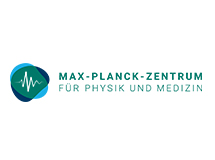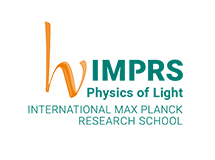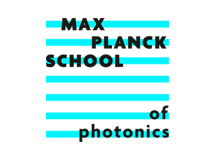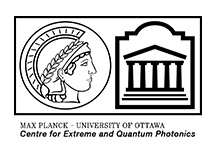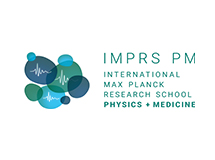
Petra Schwille - Life as a matter of function
Petra Schwille
Max Planck Institute of Biochemistry, Martinsried, Germany
Abstract
Compared to physics and chemistry, biology has always been lacking something like a simplified model system such as the hydrogen atom that would allow to formulate and scrutinize first principles and laws required for a fundamental understanding of the phenomenon of life. The reason is that biology’s study object is a moving target, as life ever since its origin on earth several billions of years ago has been complexifying through evolution, and although there is the conceptual agreement that the cell should be considered the basic unit of life, nothing is “basic” about this unit, the smallest representations of which still are incomprehensively complicated chemical reaction systems with more than thousands of genes alone. Our hypothesis is that if one ever wants to have in hands and under the microscope a truly minimal living system, one will have to build it from scratch. In contrast to origin-of-life research, however, we do not focus too strongly on the actual molecules nor aim to reproduce the plausible series of events that presumably led to the life we find on earth today. Instead, we understand life as a organizational form of matter that is primarily distinguished by a set of key functions, which can however be abstracted from their specific representatives in various organisms. In the past years, it has been our ambition to identify such a set of key functions for one of life’s most central features, self-division. Our experimental work focuses on the reconstitution of a dramatically reduced number of elements of the bacterial cell division system, which however appear to emerge basic features of division in protocell compartments. From our work so far that I will present in my talk, we feel encouraged to believe that the complex cellular division machineries may indeed be deduced to a very limited set of general functional elements, and that some of these rudimentary functions may even still be partly conserved in “modern”, highly specialized, proteins.
Biography
Petra Schwille studied physics and philosophy at the Universities in Stuttgart and Göttingen. She received her doctorate under Nobel Prize Laureate Manfred Eigen at the Max Planck Institute (MPI) for Biophysical Chemistry. After a research stay at the Cornell University in Ithaca, New York, USA, she returned to Germany and to the MPI for Biophysical Chemistry in 1999, where she led her own junior research group. In 2002, she accepted an appointment to the Chair of Biophysics at the Biotechnology Center (BIOTEC) of the Technical University of Dresden, which she held until April 2012. Since 2011, she is Director at the MPI of Biochemistry, where she leads the research department "Cellular and Molecular Biophysics". She has also been an honorary professor at the Faculty of Physics of the Ludwig-Maximilians-University Munich since 2012. Petra Schwille has already been awarded various prizes, including the Philip Morris Research Prize in 2004, the Gottfried Wilhelm Leibniz Prize of the German Research Foundation in 2010, the Bavarian Order of Maximilian in 2018 and the Otto Warburg Medal in 2021.
Leuchs-Russell Auditorium, A.1.500, Staudtstr. 2
Location details

